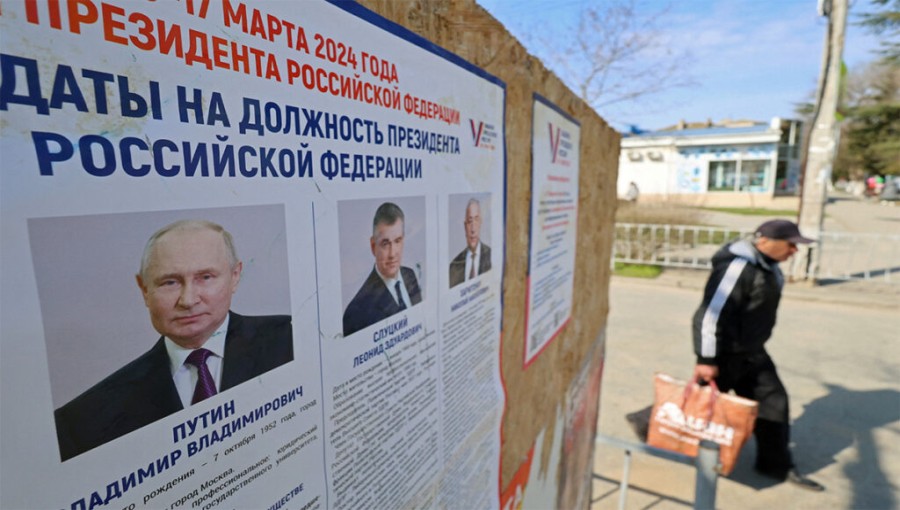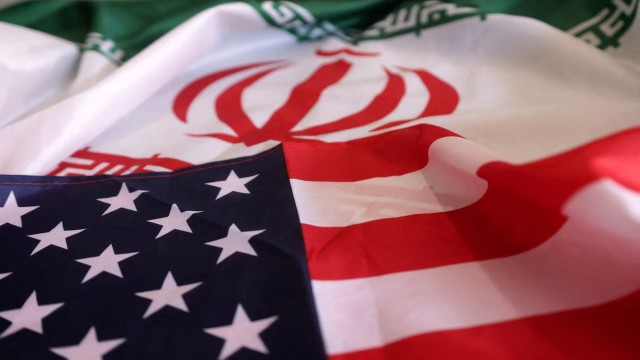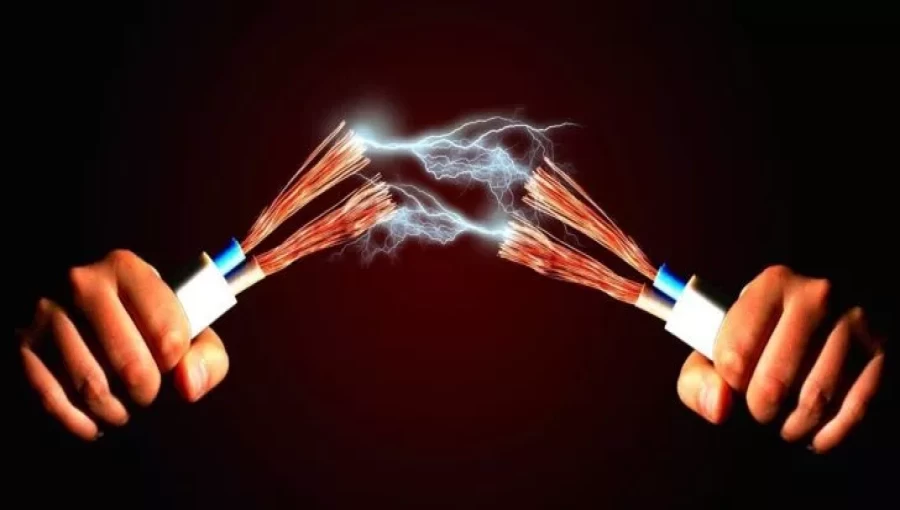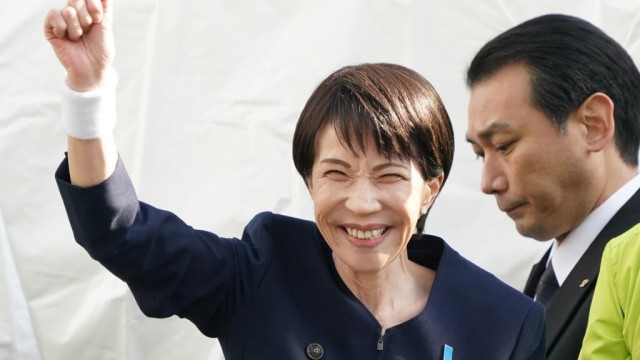Today marks the beginning of Russia's presidential election, a three-day event set to conclude on Sunday, March 17. The election, closely watched by the international community, has drawn attention due to the absence of prominent opposition figures and the introduction of electronic voting for the first time in Russian history.
While the ballot includes three other candidates besides incumbent President Vladimir Putin, many of his main opponents find themselves either abroad or behind bars. Leonid Slatsky of the Liberal Democratic Party, Vladislav Davankov nominated by the New People's Party, and Nikolai Kharitonov of the Russian Communist Party are the contenders vying for the presidency alongside Putin.
One of the significant developments in this election is the introduction of electronic voting, a departure from traditional paper-based ballots. Additionally, the election has seen the establishment of 295 polling stations in 144 countries worldwide, allowing Russian expatriates to cast their votes. Even astronauts aboard the International Space Station have been granted the opportunity to participate through proxy voting.
However, the election has not been without controversy. Early voting took place in Moscow-occupied territories of Ukraine, including Donetsk, Luhansk, Zaporizhia, and Kherson. This move has raised concerns among international observers, who question the legitimacy of voting in territories not recognized by the international community as part of Russia.
As the election unfolds over the weekend, all eyes will be on Russia to gauge the fairness and transparency of the electoral process. With Putin widely expected to secure another term in office, the focus will be on the turnout, the conduct of the election, and its implications for Russia's political landscape in the years to come.































Comment: